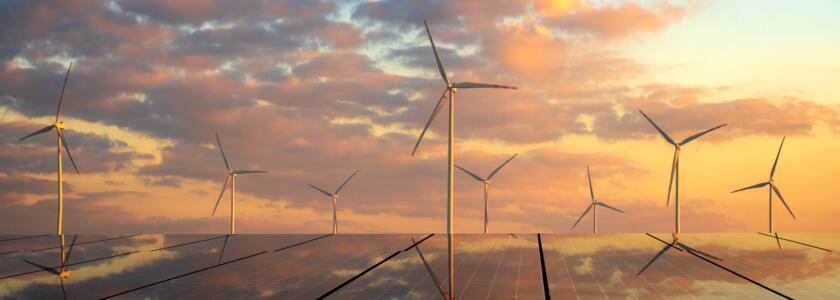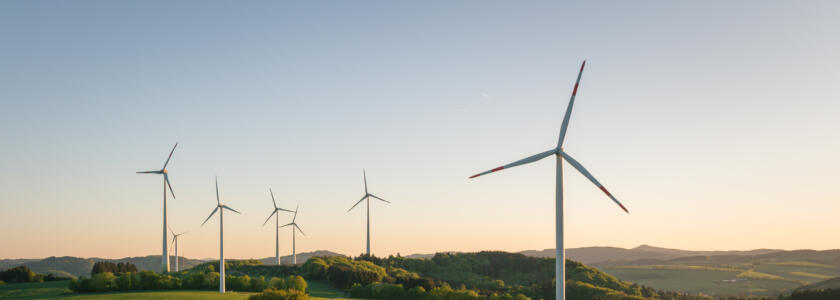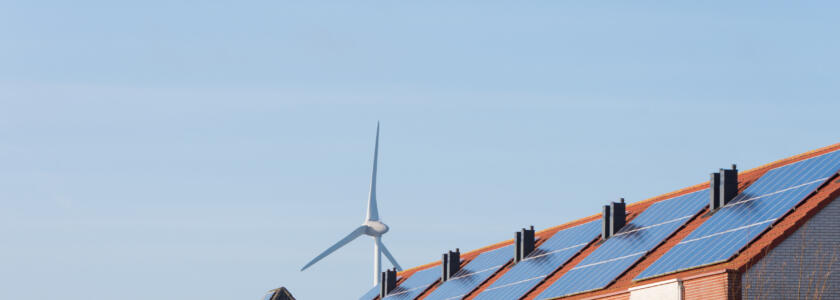Local Energy Communities: a way to bring ‘all Europeans’ along in the energy transition
Report
Regardless of income or home ownership, all citizens should be able to benefit from participating in the energy transition. The ability to invest in energy efficiency or ownership of renewables should not be limited to well off households with enough disposable income. It is indeed vulnerable consumers and consumers experiencing energy poverty that can benefit most from being able to participate. In a number of EU Member States, REScoops (also known as ‘renewable’ or ‘local’ energy communities) already pursue social aims, such as fighting against energy poverty. If supported by EU law and policy, REScoops can further empower vulnerable and low-income households across the EU to be able to share in the benefits of the energy transition.










